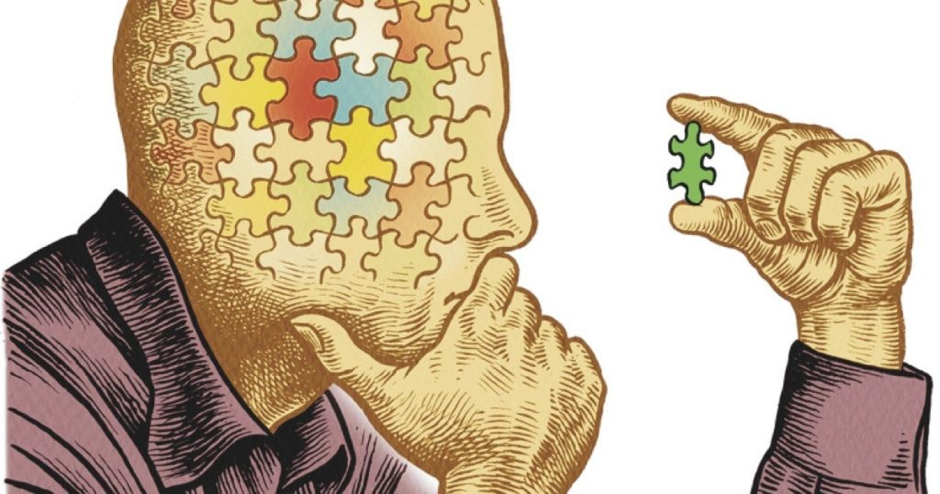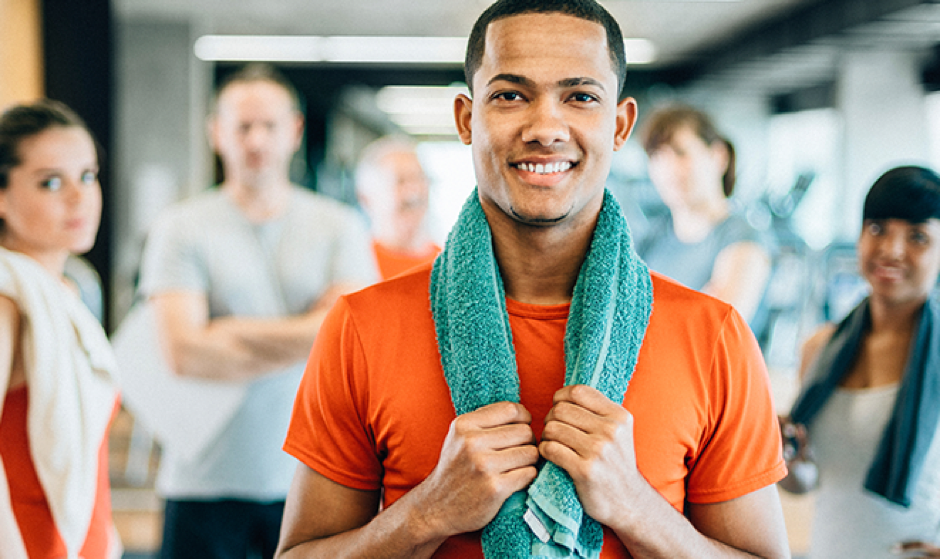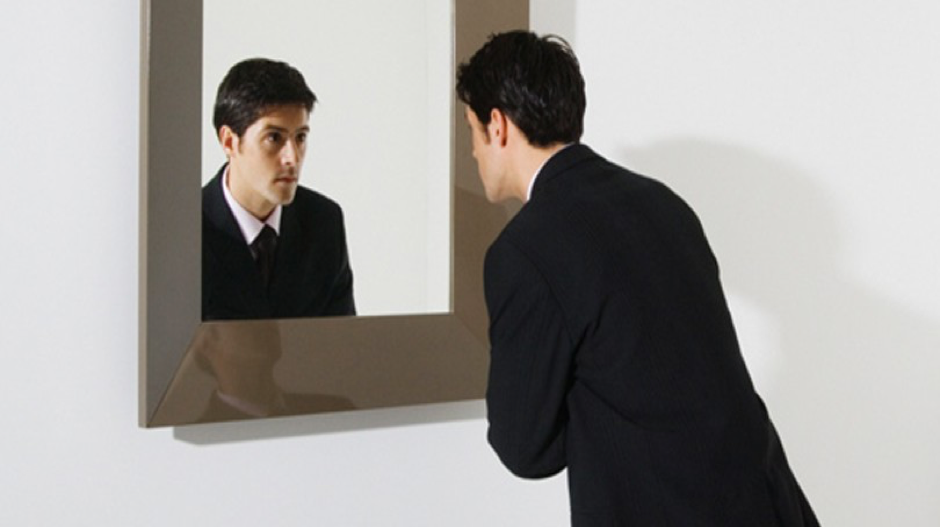What does Confidence mean?
Self-confidence is a way of thinking about one’s talents and skills. It denotes a person’s sense of self-acceptance, self-confidence, and control over his or her life. An individual has a favorable image of himself and is aware of both his strengths and weaknesses. Confident people may communicate boldly, set reasonable expectations and goals, and take criticism better.
Confidence is beneficial in one’s personal life as well as in interpersonal interactions and the workplace. Work on attitude, speaking style, and body language to show confidence. When speaking, confident people make an effort to stand tall, speak clearly, and make eye contact. Do not let fear of criticism from others keep you from embracing your own personality.

The Importance of Looking and Feeling Confident
To achieve goals, one must learn how to project confidence and experience that confidence on the inside. Without confidence, one will struggle to establish and maintain healthy relationships, lose the upper hand in negotiations, and adopt counterproductive behaviors. One won’t be able to develop empowering thoughts about one’s potential and future if the person lacks self-confidence. Greater employment prospects and promotions, as well as better parenting abilities and closer relationships with others, are all made possible by confidence. Learning how to appear more confident will help one manage the issue with grace if one finds oneself feeling uncertain or apprehensive in a new circumstance.
8 Easy Ways to Exude Confidence
-
Upgrade Your Thoughts

There are two main thinking patterns that we often follow throughout the day: love, abundance, and gratitude, or anxiety, fear, and doubt. Of course, having a good mental pattern contributes to confidence. If our default thought pattern is one of negativity, we must learn to change it to one of confidence. We can choose to change our internal self-talk by first becoming aware of what it is saying.
Our acts are the result of the emotions that our words arouse. Often, the words we use and the self-talk we tell ourselves are the roots of our lack of confidence.
-
Positive Body Language Matters a Lot

Before talking, the body speaks. A person’s posture directly influences his physiology, which in turn affects his emotions and self-assurance. Changing body language is one of the simplest ways to transform an internal state from insecurity to confidence.
Take note of the differences between confidence and the lowest point. Check to see how these two illustrations of a low-confidence state and a high-confidence state differ from one another. Practice assuming a confident stance right now. Feel what it’s like to be unstoppable. Consider how comfortable the body is in that position. Recognize how it boosts the way other people perceive the individual. Gain even more self-assurance from how other people perceive a person when they see him in that commanding position.
-
Avoid Fidgeting

It might be challenging to practice being confident when nerves start to take over. Fidgeting is a common reaction to nervous energy to ease discomfort or anxiety. Wringing hands, hopping feet, and tapping fingers or a pencil against a table are all examples of fidgeting. While doing so may help a person relax a little, it also makes him appear unprofessional and uneasy. Take a moment to collect thoughts if one notices self-fidgeting during a presentation or a new interaction. To maintain the current moment and help oneself project confidence, take a deep breath. Put hands on the lap or fold them together if they are fidgeting so they are not a distraction. The person will become adept at resisting the impulse to fidget once he has repeated this several times whenever it strikes.
-
Know Yourself Better

Conviction about values breeds confidence. Knowing what one believes in demonstrates self-assurance. What do you hold dear? What do you believe in? An individual should perform a values exercise if he is unable to clearly define his values.
An individual must compile a list of the five things that are absolutely necessary for his life and what he stands for to understand what is important to him. Some instances include:
- Family/Friends
- God
- Health
- Career
- Making a difference
- Society
- Creativity
- Freedom
- Having fun
One can invest time, money, and energy with clarity and escape the delusion that he is losing out on things that don’t align with values by just taking the time to ask yourself what matters and what he wants to stand for.
-
Search for Self-Compassion

Self-compassion is the final essential quality we need in order to radiate confidence naturally. It may seem paradoxical, but shouldn’t a self-assured individual lack compassion? However, the truth is quite the reverse.
A self-assured person can take chances and show bravery in the face of difficulty. Being supportive of self amid failure, hardship, and challenges is what self-compassion entails.
-
Make Sure to be 100% Present

One may connect with strengths and talents by being present in every moment. It enables the person to choose his thoughts and deeds carefully, giving the person confidence in what he is doing.
A person has 100% confidence when he is fully present. Being in the moment enables a person to let go of the past and build the desired future. When a mind is in the past, especially when it’s filled with unpleasant memories, it’s impossible to be completely confident.
-
Be Careful about ‘Facial Expressions and Voice’

In one’s attempt to appear more confident, body language talks volumes, but bear in mind that voice and facial expression also play a significant influence. Putting a smile on the face is a quick and simple method to appear more confident because happy people are seen as more comfortable and confident. It’s also crucial to consider the voice’s inflection and tone. A voice will automatically sound pleasant and more certain when one grins. Avoid raising your voice at the conclusion of sentences since doing so can give the impression that one is asking a question or seeking permission for what he just said.
-
Try the ‘Mirroring Principle’

This idea might assist a person in developing communication abilities and showing confidence. When communicating with someone, “mirror” them by matching body language to theirs, changing the tone of voice to seem more like theirs, and even using terms from their vocabulary. When done properly, it can help one influence others and forge relationships with them, but it also demands expertise and subtlety.
Wind Up
Nobody ever has a constant sense of confidence. People occasionally have poor days or run across challenges they weren’t prepared for, which might throw them off balance. Some people believe they can’t be confident since they’ve failed in the past or made mistakes. One doesn’t have to always project confidence, but he can learn how to do it when necessary.

